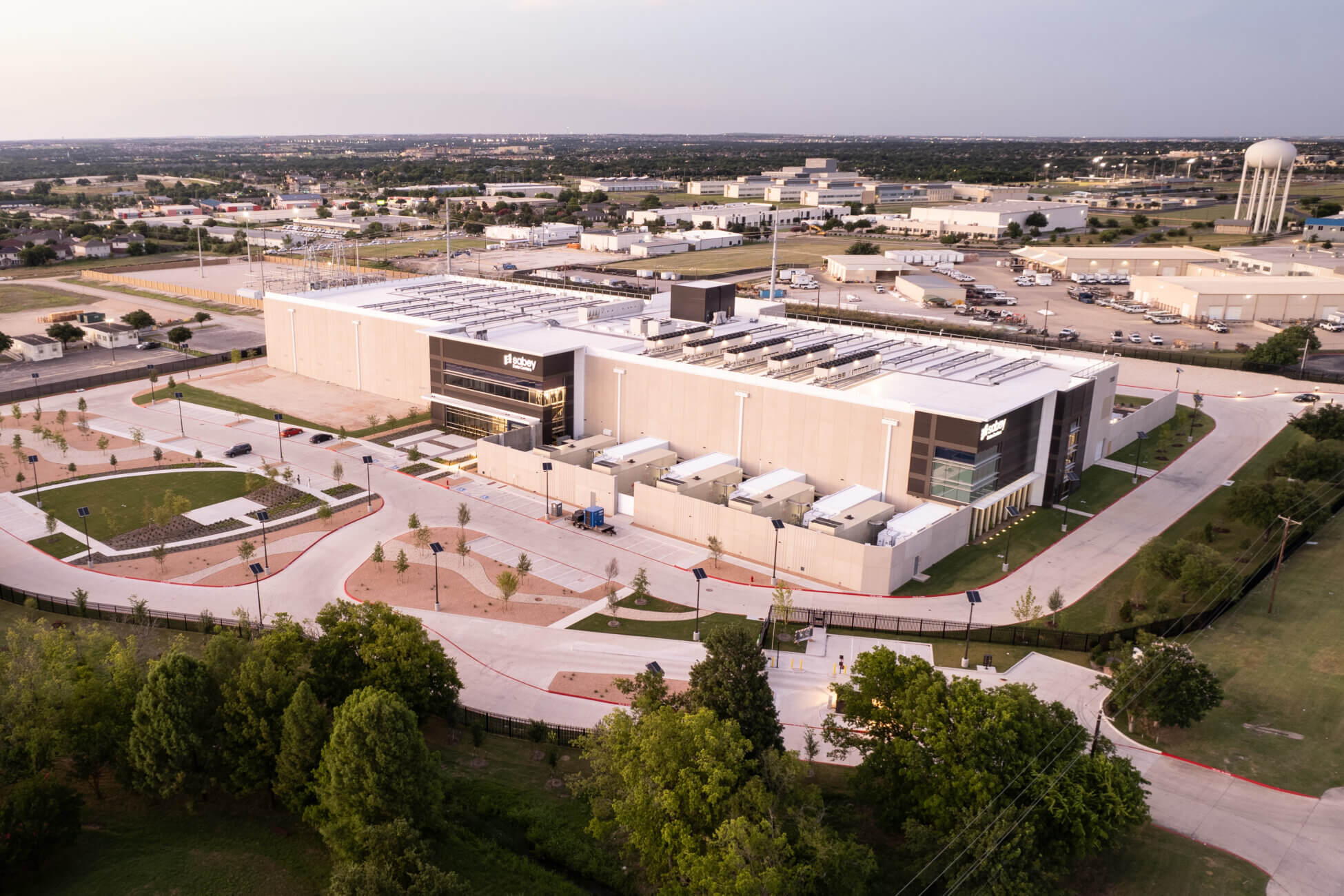Round Rock campus chosen to house UT supercomputer
The Texas Advanced Computing Center (TACC) has chosen Round Rock as the new home for its AI supercomputer, “Horizon,” at the Sabey Data Centers campus located at 1300 Louis Henna Boulevard.
The announcement comes after the Round Rock City Council approved an economic incentive agreement specifically designed to bring Sabey Data Centers to the city in 2022. The agreement, which included zoning approvals and a performance-based incentive package, supported Sabey’s commitment to investing at least $185 million in property improvements and $5 million in new equipment. The deal also stipulated the creation of 20 primary jobs over five years.

Sabey Data Centers, based in Seattle, Washington, identified Round Rock as the ideal location for its expansion. The company demolished the old Sears Teleserv building at 1300 Louis Henna Blvd. to make way for two new facilities built for high-density computing.
Last month, The University of Texas announced that it had secured $457 million in funding from the National Science Foundation (NSF) to establish the Leadership Class Computing Facility (LCCF), with Horizon as its focal point. The supercomputer is set to begin operations in 2026 and is expected to deliver a tenfold improvement in simulation performance and a hundredfold increase in AI capabilities compared to TACC’s current leading system, Frontera. When operational, Horizon is expected to become the largest academic supercomputer in the NSF’s portfolio.
Dan Stanzione, executive director of TACC and associate vice president for research at UT Austin, noted that the Round Rock facility meets specific needs for high-density supercomputing, saying, “We have entered a unique partnership with Sabey to leverage all the advantages of colocation with our very specific needs for cutting edge, high density supercomputing. The demands of AI have driven the commercial data center space to look more like supercomputing data centers — liquid cooling, high density, and high efficiency.”
This collaboration continues Round Rock’s storied history of innovation and growth, with a strategic emphasis on technology as a cornerstone of its economic development efforts. Located in one of the fastest growing regions for technology companies, Round Rock is home to Dell Technologies’ global headquarters and is within 30 minutes of several major tech giants including Google, Apple, Tesla, Meta, IBM and more.
“Global companies continue to see the great opportunities available here in Round Rock and our region. From real estate to technology innovation, Sabey Data Centers will provide important digital infrastructure support well into the future,” Round Rock Mayor Craig Morgan said at the time of the Council’s approval of the economic development agreement with Sabey.
About Economic Development in Round Rock
Economic development is a cornerstone of the City of Round Rock’s strategy, significantly contributing to its local economy by attracting businesses, creating jobs, and expanding the tax base. Since the recruitment of Dell Technologies in the 1990s, the City’s economic development program, which includes 26 active agreements, has generated substantial returns, including $147 million in property and sales taxes from agreements excluding Dell, with a net benefit of $107 million. With Dell, this benefit rises to $550 million. These efforts have also resulted in nearly 10% of the City’s workforce and contributed to maintaining one of the lowest property tax rates in Central Texas. By broadening the economic base and fostering sustainable job creation, Round Rock’s economic development initiatives continue to support essential services and promote fiscal health.
Economic development is also one reason the City of Round Rock can claim one of the lowest property tax rates in Central Texas and among similar cities across the state. The property tax values generated from these agreements, totaling $1.3 billion without Dell, generates considerable property tax revenues to help support core services such as public safety and parks. When Dell’s contributions are included, that value increases to $1.921 billion — that’s almost 20% of the City’s total commercial property value. More commercial value on the tax rolls means less tax burden on single-family homeowners, whose property taxes covered only $31.9 million, or 20%, of the City’s total General Fund revenues in Fiscal Year 2023-2024 — the rest was covered by other revenues, including commercial development.
The post Round Rock campus chosen to house UT supercomputer appeared first on City of Round Rock.
Source: City of Round Rock






